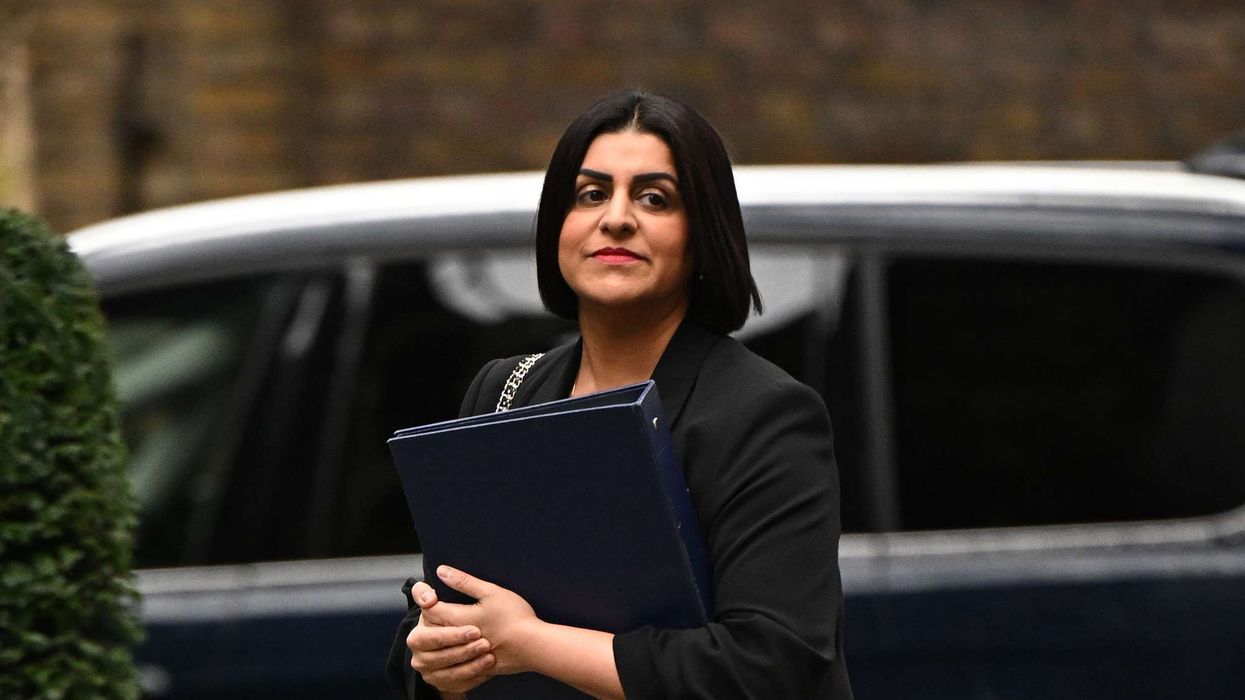A school dropout who supported his family as a newspaper boy and construction worker has won a prestigious literary prize in India.
Akhil Kavintarikath, 28, from Kannur in the southern state of Kerala, had to leave his studies and start working full-time to provide for his family, including his parents, brother, and grandmother, The Times reported.
Now, he won the top prize for his collection of short stories written in Malayalam called Neelachadayan (after the name of the strain of cannabis grown near his home) by the Kerala Literary Academy.
“I am so happy and proud. My mother too is so proud of me. She keeps showing off my book to everyone,” he was quoted as saying by The Times.
Though happy with the achievement, Akhil cannot afford to quit working.
The literary award carried a sum of only Rs 5,000 (£50). He wants to buy some books with the prize money.
“My books have not changed much in my life. I won’t quit my current job until I start making decent money from writing. That’s my goal,” he said.
Throughout most of his life, Kavintarikath lacked leisure for daydreaming. During his school days, he would deliver newspapers before attending classes. In subsequent years, while undertaking various odd jobs, he continued to have little spare time.
Despite his tight schedule, while delivering newspapers and magazines, he would manage to read some of the stories in them, although he could never complete them before delivering them.
“As I finished my round, though, I used to wonder what would have happened to those people and that sparked my imagination,” he told The Indian Express newspaper reflecting on this experience.
His imagination became more active when he started working night shifts operating a JCB at a sand mine.
“I was afraid of the dark but had no option but to work at night. I felt scared and lonely when my mind was unoccupied so I started recalling the stories told by my teachers or the incidents that happened in my village and this fed my imagination,” he is reported to have said.
In 2017, he decided to take a bank loan to purchase a laptop. He started writing about the struggles and aspirations of ordinary people whenever he found time. Despite facing the common hurdles of rejections encountered by first-time authors, he persisted in submitting his stories to various publishers.
Eventually, a local company named Green Books agreed to publish his stories but under the condition that he paid a fee of Rs 20,000 (£200). To meet this requirement, he used his own savings of Rs 10,000 (£100) and received financial support from his mother.
In 2020, his work was finally published with a small initial print run of 300 books. Initially, only a few copies were sold online.
However, everything changed when a scriptwriter named Bipin Chandran praised the book on Facebook. This led to an increased demand, prompting more copies to be printed, and ultimately gained the attention of the state's literary academy. Now, the publisher plans a Hindi or English translation of the book.
The award-winning writer has taken a short break from operating a JCB but plans to go back to work soon.













